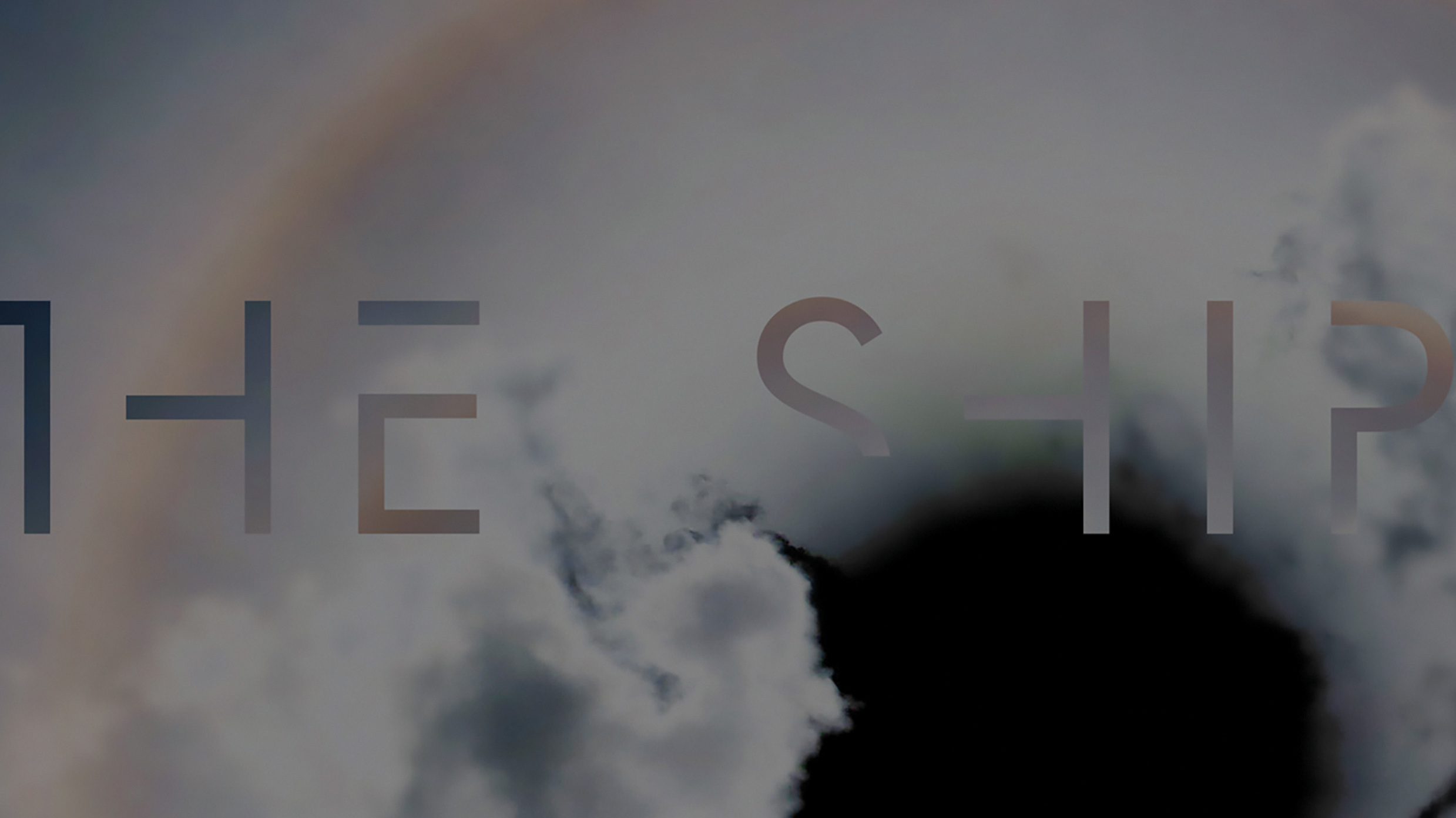Brian Eno fans have a tendency towards hagiography. Of course, he has been an important figure in the development and dumbing-up of rock music.
His work with early Roxy Music gave them an extra twist, yet it’s ludicrous to claim the band instantly went downhill after he left. While his collaborations with Bowie, notably on the so-called Berlin trilogy (mostly recorded in France), were indeed influential, again the tendency to give him all the credit does a massive disservice to Tony Visconti (the actual producer) and Bowie’s consistently agile mind.
Eno an emotionally powerful singer? Who knew?!
His own solo work has shifted the landscape with ambience and minimalism, yet there have been some lacklustre releases. He did great stuff with David Byrne and Robert Fripp but rather less great stuff with Coldplay and U2. The critical consensus ignores the latter because it doesn’t fit the narrative. Fortunately, for believers and sceptics alike, 2012’s Lux was one of his superior hums of subtlety flirting with silence. (It’d be a po-faced person, however, who could read, without sniggering, the reviews gushing about how terrific it was because you could ignore it.)
The Ship is even better, and sails a finely judged course between background mood-enhancer and events, content and drama. If you’re still unconvinced that Eno is the unimpeachable genius that the law decrees, this might shunt you on-message. It’s uniquely atmospheric while retaining bona fide personality.
It’s essentially two long tracks, though the second is split into three sections. What we would once have called Side One is The Ship itself, a piece partly inspired by the sinking of the Titanic and what that symbolised for man’s dreams of invincibility. Naturally it begins as a barely discernible, brooding, almost subconscious buzz, but it gradually builds and becomes active rather than passive. It’s boosted by Eno’s vocals, a low, boomy presence. It’s the first time he’s sung on a solo album since 2005. Counter-intuitive as it may be to focus on his voice, it pulls things into shape here. The ‘musical novel’ is lent a living, breathing lead character.
The second half – Fickle Sun – opens with another slow-bloomer, wherein you’ll spot Floyd-like waves, Laurie Anderson tones, David Sylvian washes, glitches and portentous stabs that break the reverie. Peter Serafinowicz recites a cut-up poem before Eno covers The Velvet Underground’s I’m Set Free. This finale is a triumph.
Eno as an emotionally powerful singer? Who knew? This and other surprises mean that, happily, The Ship is as good as Enophiles will tell you everything he touches is.

